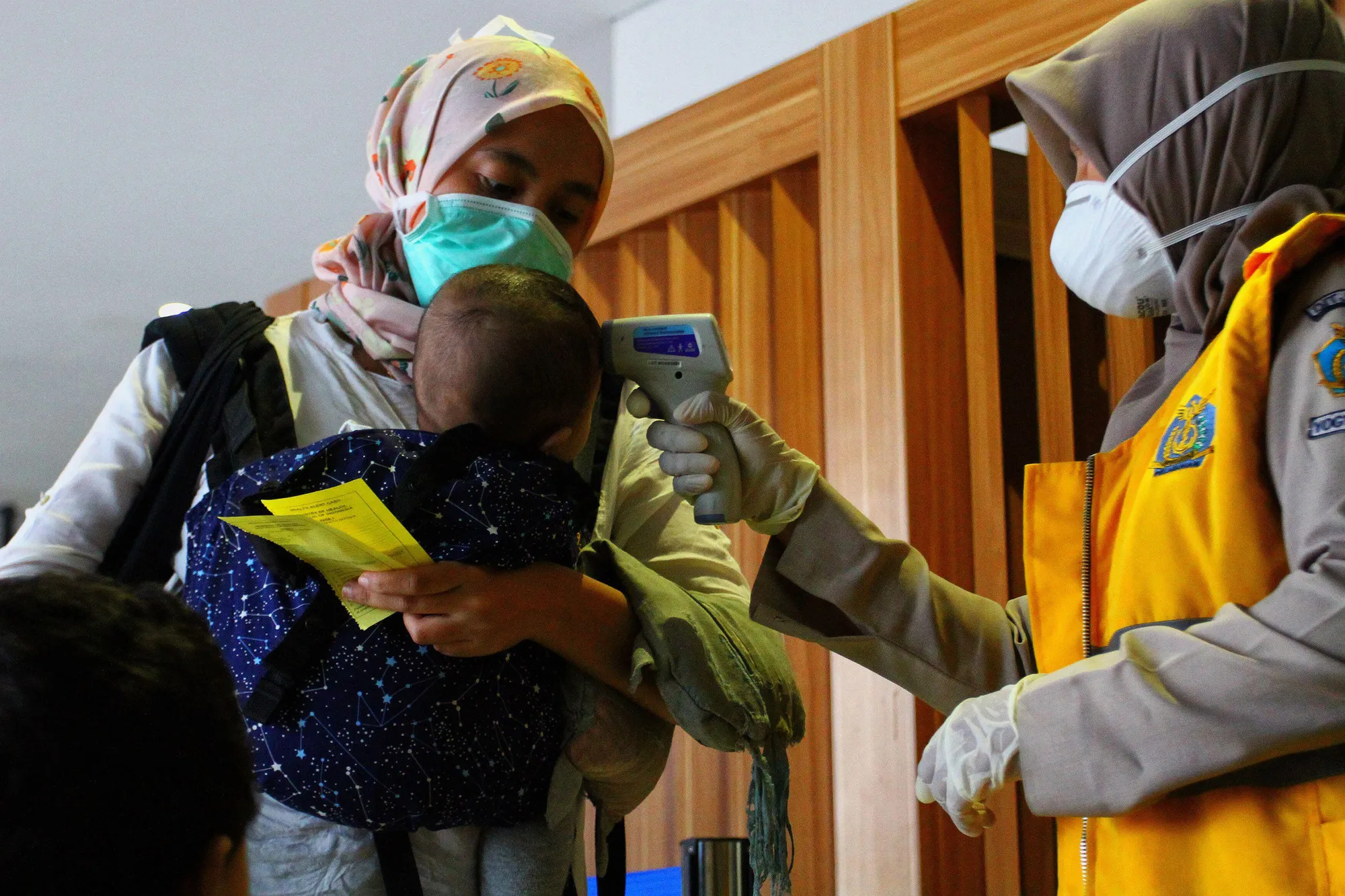“CARE is deeply concerned about the intensifying COVID-19 crisis in Indonesia and the impact on vulnerable community members, including women and children. Over 2.3 million cases have been reported in Indonesia so far with a record 31,189 new cases on 6 July alone, the third highest daily case numbers globally. And testing rates are among the lowest in the world, which is hugely concerning. Right now, oxygen supplies are running low, hospitals are overflowing, and we are still weeks away from the peak, when the government predicts daily cases could exceed 50,000,” said Bonaria Siahaan, CEO at Yayasan CARE Peduli (CARE Indonesia).
With the highly transmissible Delta strain now in Indonesia, we are not just seeing infection rates in adults soar, but also in children, with those under 18 accounting for some 12% of active COVID cases, one of the highest child infection rates globally. “It is an incredibly stressful time for families and in particular, women, who shoulder the burden of caring for children and often having to do so while sick themselves. We are seeing instances of entire families testing positive for COVID-19. It can be exceedingly difficult to self-isolate, especially for low-income households, who often live with extended family members in small homes. Women will likely face the added burden of home-schooling their children as face-to-face learning is unlikely to resume after the current school holidays,” explained Ms Siahaan.
With the implementation of Emergency Restricted Movements (PPKM Darurat) on the islands of Java and Bali from 3 to 20 July 2021, many industries are currently shut in a bid to stem the spread of COVID. “The pressure cooker of financial stress on households, families confined to their homes for long periods and COVID-related health issues will undoubtedly lead to increased incidences of gender-based violence, as we often see in emergencies globally. In 2020, the National Commission for Women reported that violence against women had increased five-fold compared to pre-pandemic,” said Ms Siahaan.
In response to the deteriorating situation, the Government of Indonesia is ramping up hospital capacity, oxygen supplies and accelerating the vaccine roll-out. To cushion the economic hardship of the restricted movement on low-income families, the Government is also launching social and cash assistance for 10.8 million families.
In the early days of the COVID crisis last year, CARE Indonesia provided hand washing facilities, protective kits (including face masks), cash voucher assistance for 3,000 families and cash-for-work for women who had been impacted by job losses. With the required funding, CARE plans to respond to the current crisis in collaboration with local governments by scaling-up amenities at 31 health centres and converting them to treatment facilities to ease the burden on overloaded hospitals. CARE will support the centres to modify or set up special delivery units for pregnant women with COVID-19 and provide medications.
Ms Siahaan explained, “Health staff are working incredibly long hours under trying circumstances. CARE plans to provide nutritional food, vitamins and personal protective equipment to these essential workers who are on the frontline battling this pandemic day and night.
“This second COVID wave has Indonesia teetering on the brink, with vulnerable communities the most at risk. We need the support of generous donors and the international community to avert a complete disaster.”
For more information, please contact:
Kalei Talwar
kalei.talwar@care.org
+1-808-381-6901

